The South Carolina Adoption Process: Where to Start
Beginning the adoption process is a big step for any hopeful parent or expectant mother considering her options. As you get started, it may be helpful to know what to expect when adopting or placing a child for adoption in South Carolina.
Whether you are looking for information on how to adopt or place a baby for adoption in South Carolina, the following can provide the information you need to get started.
1. Learn how adoption works in South Carolina.
The first step for every expectant mother or hopeful parent in the adoption process is to learn more about their options and determine that they are ready to begin the process of adoption.When you contact Rick, he will schedule a time to meet with you and get the general information he needs to open your case. He will explain how to start the adoption process in South Carolina and help you determine whether adoption is right for you.
2. Prepare for the adoption process.
Once you have decided to move forward with adoption, you will need to make some important decisions about your adoption plans and goals.If you are an adoptive family, how will you find an adoption opportunity? What items will you be open to in the baby’s medical background? What is your adoption budget? If you are an expectant mother, what types of adoptive families are you looking for? What kind of relationship do you want to have with them? What services and support do you need during your pregnancy?During this decision-making process, adoptive parents will also need to complete the South Carolina home study to ensure they are truly prepared for adoption. If you need help with your adoption home study, Rick can refer you to a licensed home study provider in South Carolina.
3. Find an adoption opportunity.
With your adoption plans in place, it is time to begin searching for an adoption opportunity. Rick can provide the information you need to search for an adoption opportunity independently, or he can refer you to one of the adoption agencies he partners with for matching services.If you choose to work with an adoption agency to find an adoption opportunity, you will provide them with some background information about you and your adoption plans so they can understand the types of adoption situations you are looking for. The agency will work with adoptive families to create adoption profiles and will send those profiles to expectant parents for review.If you are an expectant mother considering adoption, you can view waiting families’ adoption profiles and choose the perfect adoptive parents for your child based on a number of factors, including their age, race, location, lifestyle, and more.When a prospective birth mother selects an adoptive family, the parties will have an opportunity to get to know each other better through pre-placement contact mediated by the agency.
South Carolina laws limit adoption to state residents; however, Rick is an expert in interstate adoption process. If you live in another state but find an adoption opportunity with a birth mother in South Carolina, you will need to work with Rick to get an exception allowing you to adopt.
4. Complete placement at the hospital.
When the baby is born, the birth mother will work with her social worker to create a hospital plan. This plan will help prepare the adoptive family for what to expect — when to arrive at the hospital, how much time they will spend with the birth mother and baby, and more.South Carolina adoption laws state that the birth mother can legally consent to the adoption any time after the baby is born. Typically, consents are signed about 24 hours after birth, just before the mother is discharged from the hospital. If you are making an adoption plan for your baby, an adoption professional will visit you in the hospital and help guide you through the legal paperwork process.When consents are signed, the baby can be discharged from the hospital to the adoptive family, and the child is in their custody.
5. Finalize the adoption.
Following placement, Rick will help the adoptive family file an adoption petition. In interstate adoptions, he will also complete the Interstate Compact on the Placement of Children (ICPC) process and notify the family when they are approved to return to their home state with the baby.About 90 days after placement, Rick will schedule a finalization hearing. The adoptive family must appear in court with the baby and provide testimony. If you are adopting a child in South Carolina, Rick will help prepare you for what to expect at the finalization hearing. The judge will conclude the hearing by awarding the family with the final adoption decree.Once the adoption decree has been awarded, the legal adoption process is complete. Rick can then help the adoptive family apply for a new birth certificate for the child, which is usually issued about 90 days after the finalization hearing. The new birth certificate will show the child’s new name and list the adoptive parents as the child’s legal parents.
6. Continue your post-placement relationship.
In most adoptions today, the process does not end with finalization. Instead, most adoptive parents and birth families are interested in staying in touch with an open or semi-open adoption. These adoption relationships allows the families to communicate for years to come through picture and letter updates, emails, phone calls, and even in-person visits.
For more information about how to go about adoption or to take the first steps to adoption in South Carolina, contact Rick Corley today.

